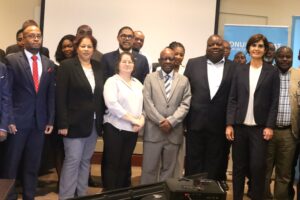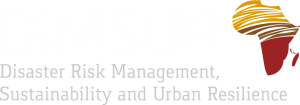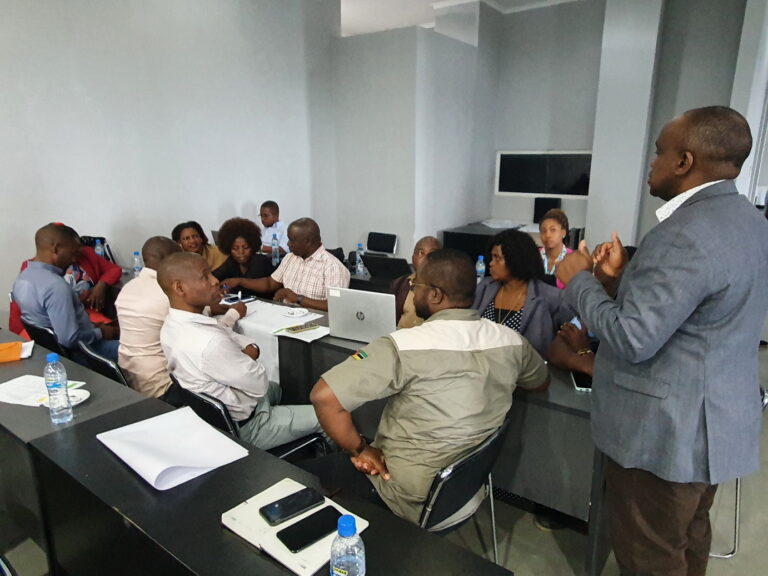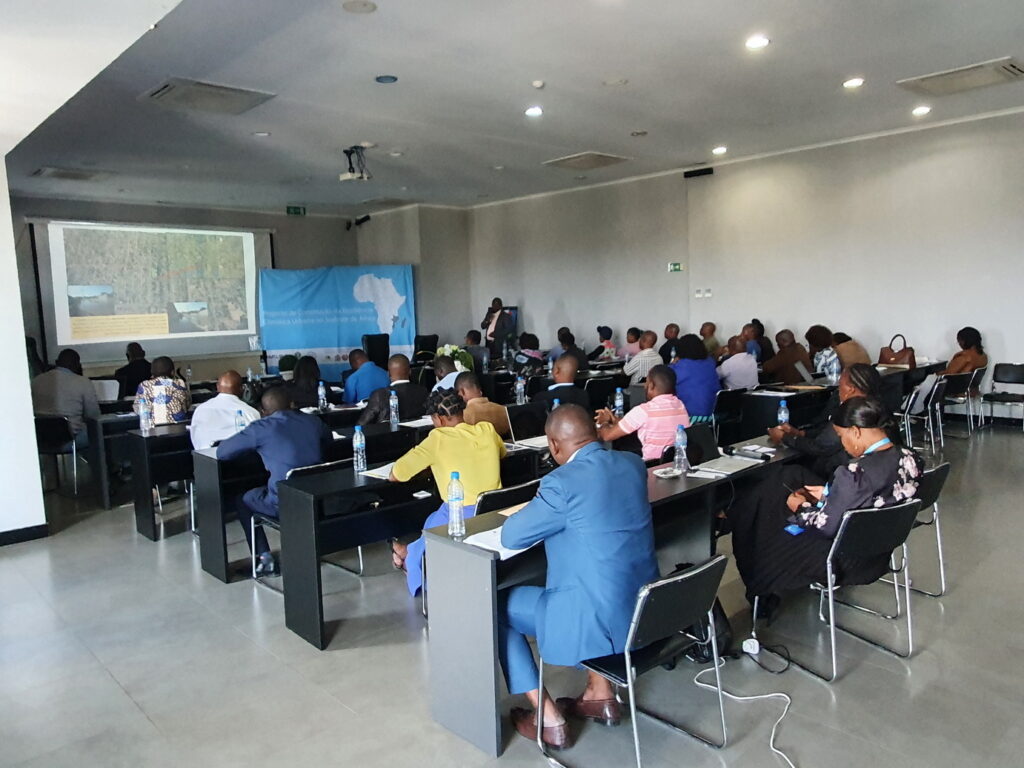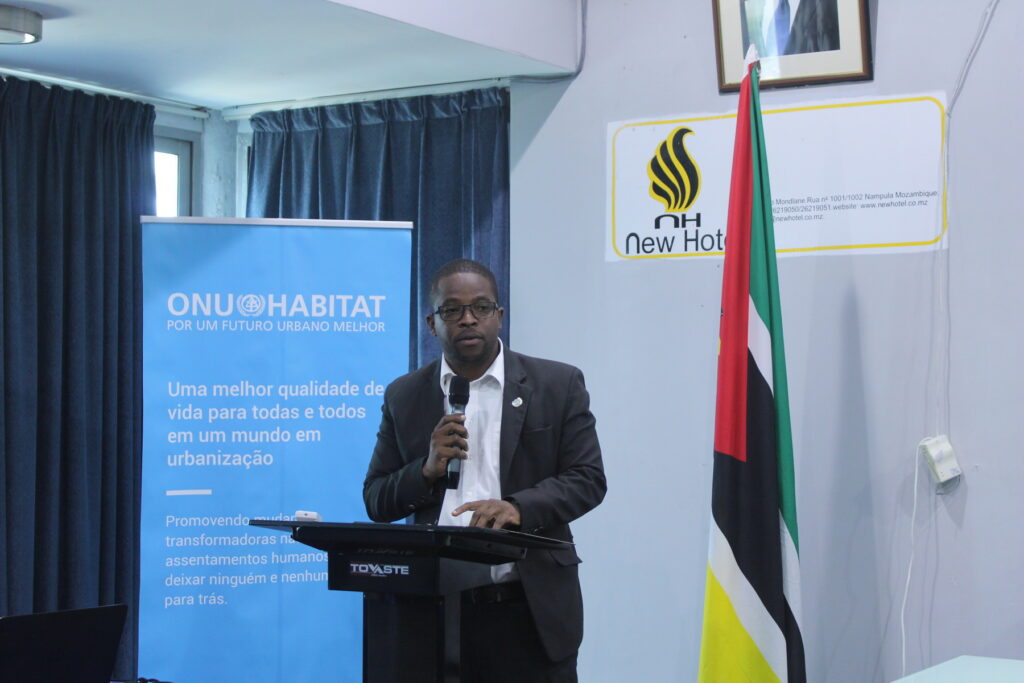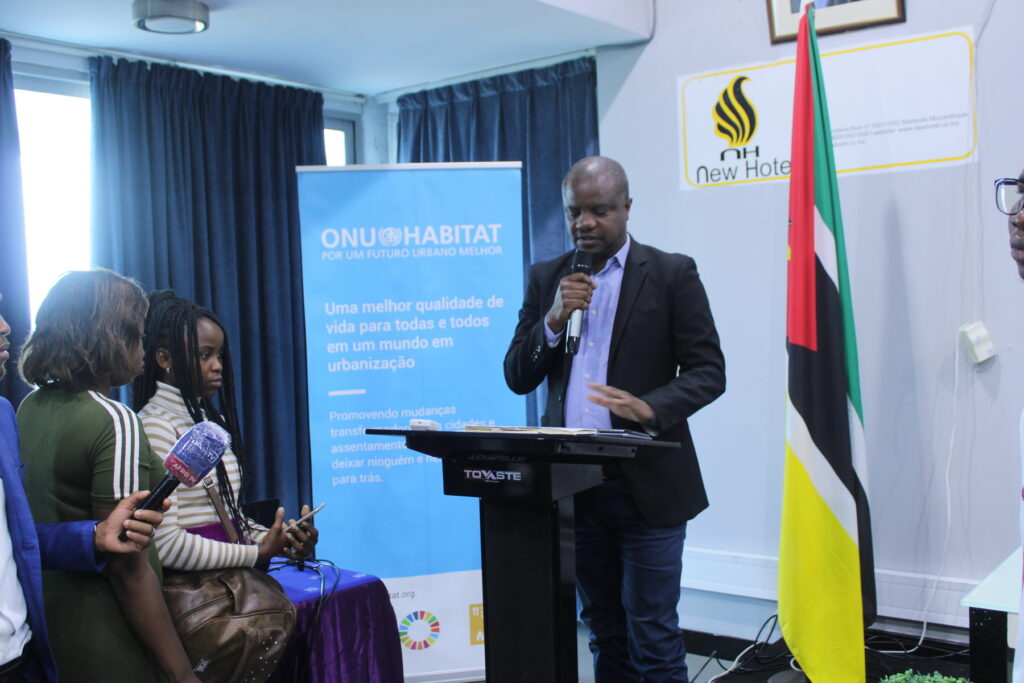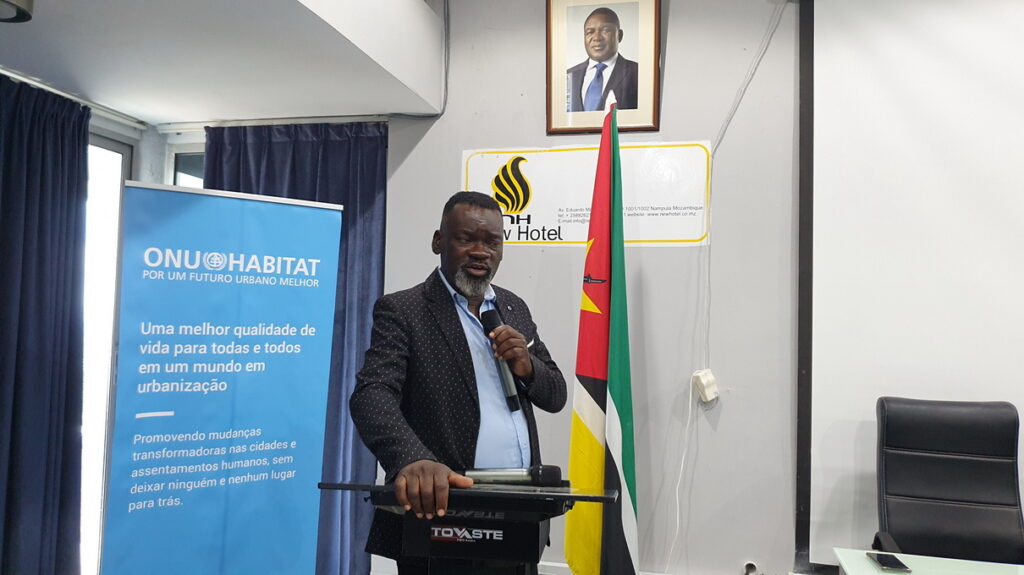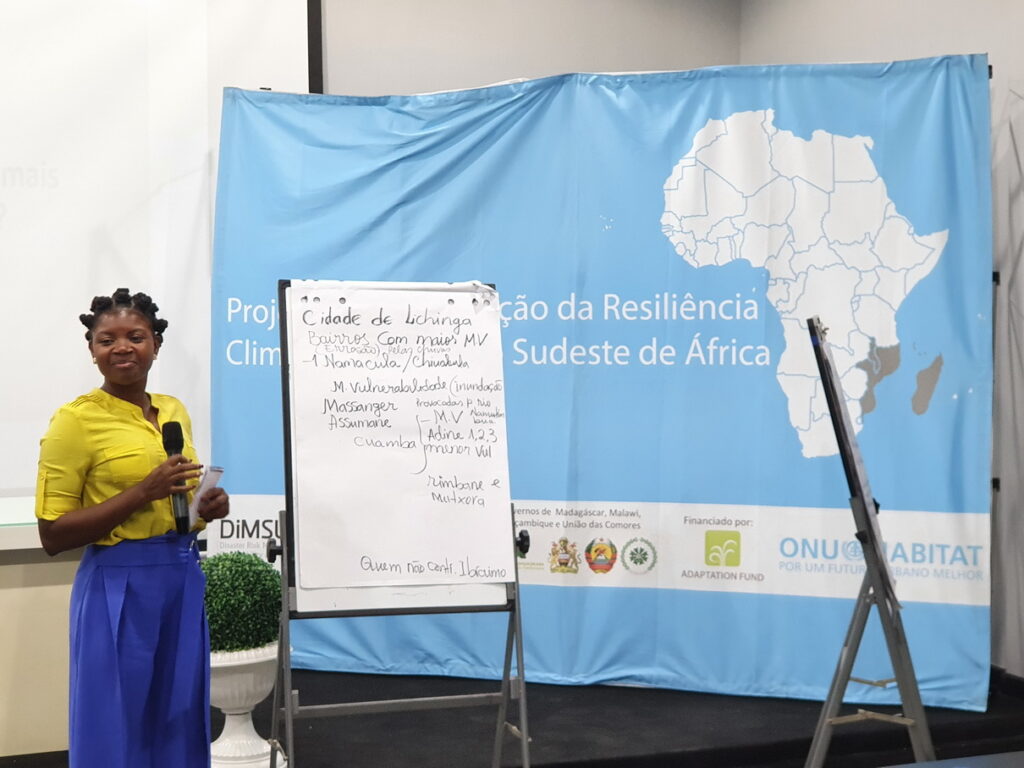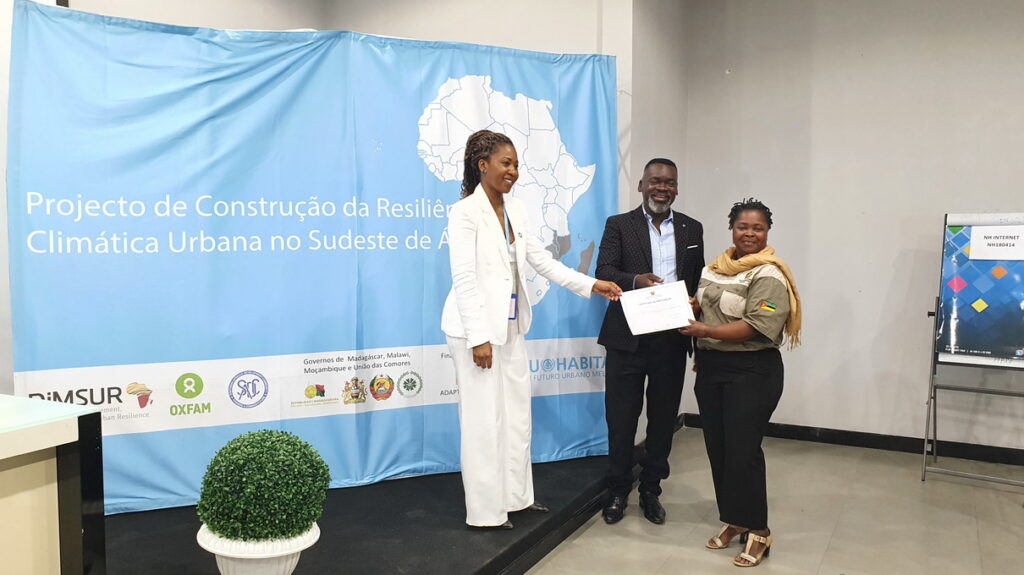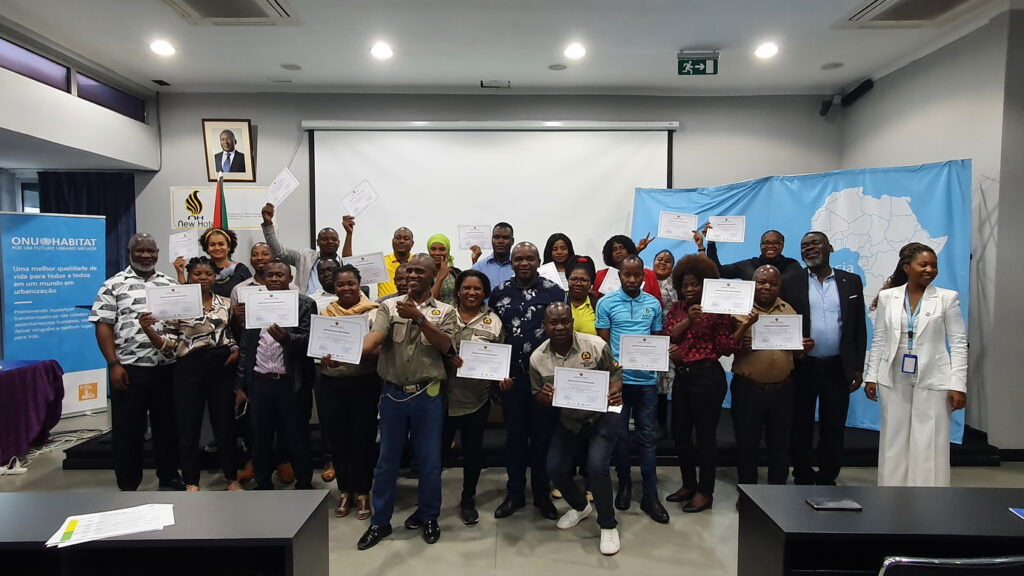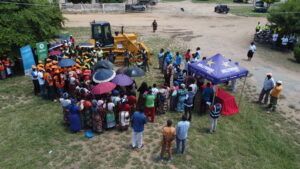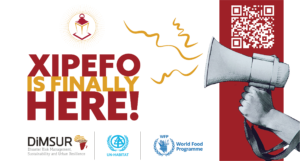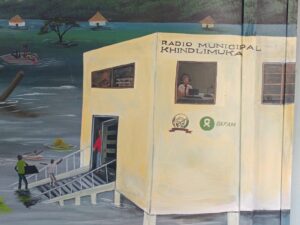Following UN-Habitat intervention, Mr. José Luis, Director of the Provincial Services of Environment in Nampula Province, made the opening remarks of the workshop representing the Provincial Government of Nampula. He highlighted the need to invest in the capacity building of local governments to better manage climate risks in urban areas that are increasingly vulnerable to the impacts of climate change, exacerbated by the rapid and unplanned urbanization and expressed hope that the workshop would be able to lay the necessary foundation to install capacities in Municipalities of Northern Region to reduce urban communities’ vulnerability to climate change.
The highly interactive workshop was delivered by Mr. Emilio Magaia, Climate Change Capacity Building Specialist at MTA; Mr. Antonio Matsinhe, Environmental Economy Specialist at Eduardo Mondlane University (UEM); Mr. Claudio Monteiro, DRR Architect at UN-Habitat; Mr. Filipe Nguenha, Architect and MTA Project Focal Point; Mr. Feliciano Mataveia, DRM Specialist and INGD Project Focal Point; Mrs. Juvenalia Mandlate, Architect and Urban Governance Specialist at MMAEFP; Mrs.Veronica Polana, Environmental Specialist at MTA.; Mr. Neivaldo Nhantugeia, Architect and Land Planning and Management Specialist at MTA and Mr. Inacio Tesoura, Civil Engineer at MOPHRH.
